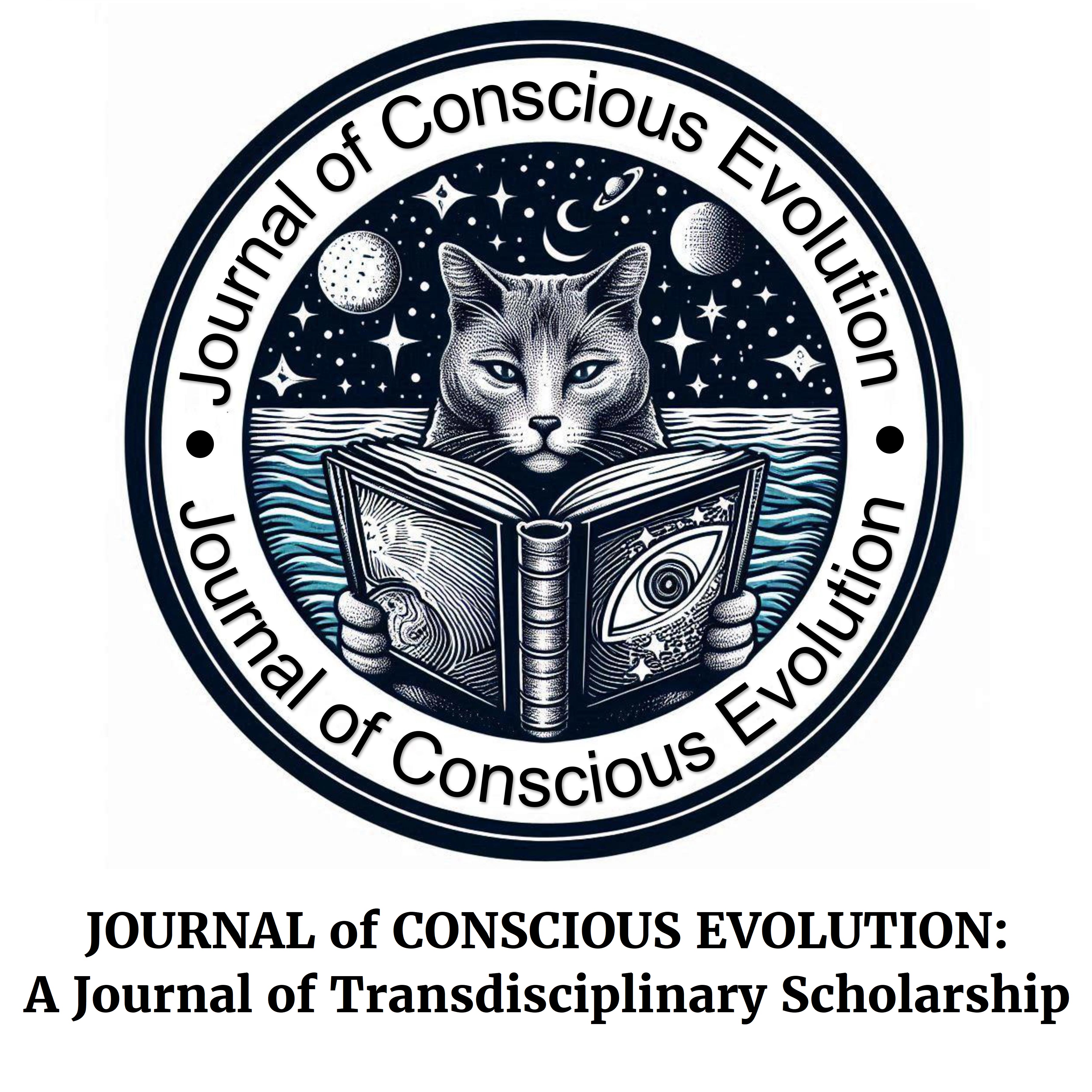
Abstract
Although Paul Ray’s values survey (1996) revealed that some 20 to 45 million Americans are attracted to integral values, Ken Wilber recently pointed out (2000, Introduction) that this is not the same as possessing fully-developed integral consciousness. Citing “the extensive research of Graves, Beck and Cowan,” Wilber said that only 1 percent of the population has developed “Integrative” and 0.1 percent “Holistic” thinking. Thus, although millions of us are now pointed in the direction of an integral society and culture, a much smaller number have developed their understanding to the degree that is needed for the most effective kinds of transformational activity. Many of us who resonate with integral values and the integral agenda would like to become effective agents of transformational change and help actualize the vision of an integral society and culture. Yet, at some point, we begin to see that the quality of our doing can only reflect the quality of our understanding. We begin to see that to accomplish what we would like to accomplish we need to move toward those higher levels of psychological/spiritual development by broadening and deepening our understanding on many fronts. My interest in the nature and development of wisdom (Macdonald, 1995; Macdonald, 1996 [1993], Macdonald 1995-2000) has led me to think about this movement toward integrative and holistic thinking in terms of wisdom and its further development. Wisdom, in all its varieties, strikes me as inherently integrative because it involves assessing the IT aspects of reality (the exterior-individual and exterior-collective) from especially helpful I-grounded (interior-individual) and WE-grounded (interior-collective) perspectives.2 Wisdom also leads to an up-leveling of the I, WE, and IT realms. This happens because the way that wise people see the world and process the data of life leads them to exhibit a whole array of better-than-ordinary ways of being, living, and dealing with the world. In this essay I will discuss a variation on the wisdom theme that seems especially important as we attempt to transform the institutions and practices of the industrial age into those of an integral age. I call it deep understanding.
Recommended Citation
Macdonald, Copthorne. (2018). Deep Understanding: Wisdom for an Integral Age. Journal of Conscious Evolution, 2(2). https://digitalcommons.ciis.edu/cejournal/vol2/iss2/11


